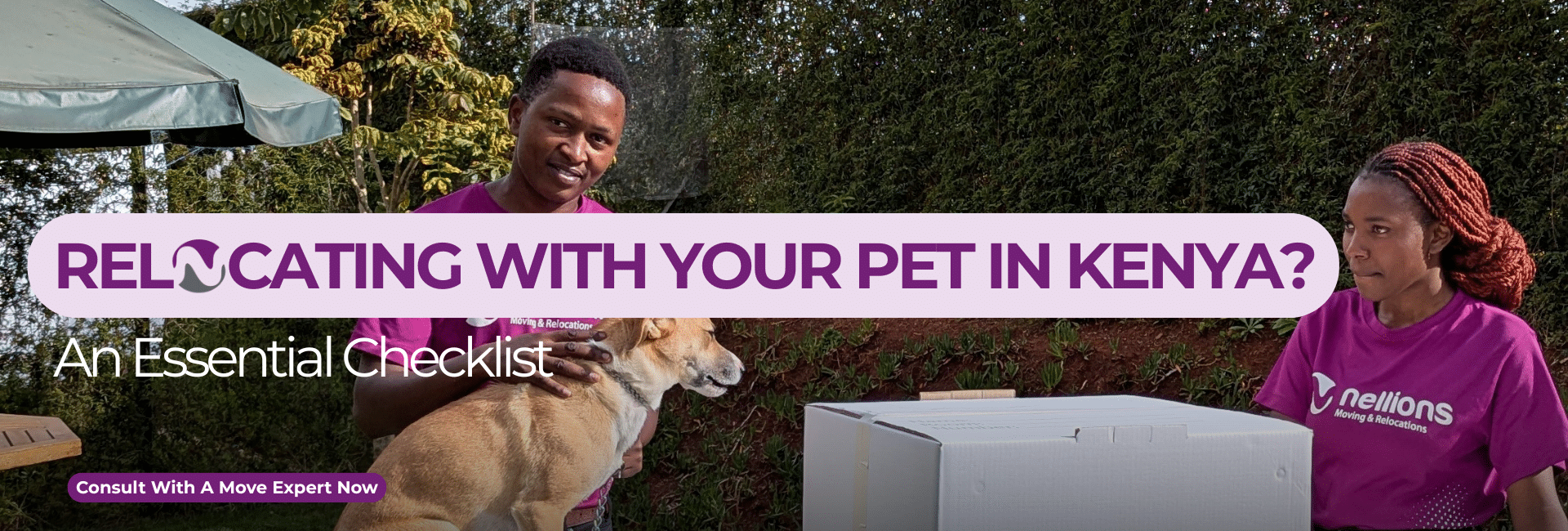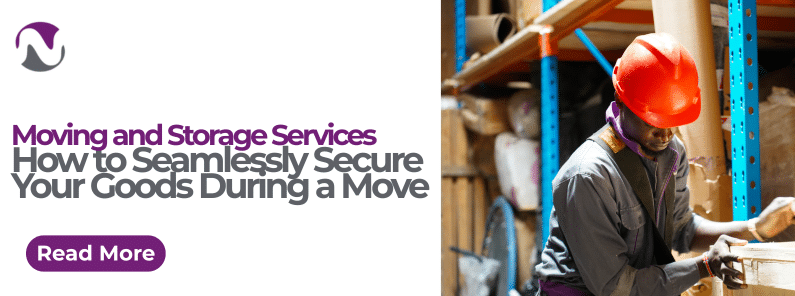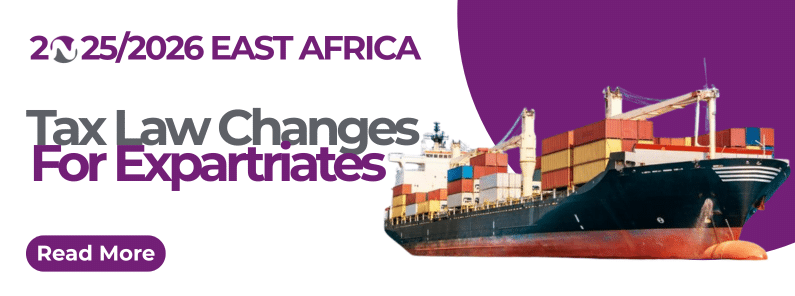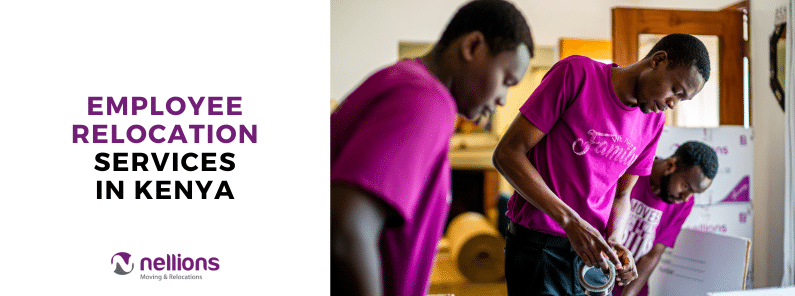That Kenya and Uganda are friendly neighbors and big trading partners is no secret.
The fact that these two nations share significant cultural similarities may have something to do with it. Both countries are also founding members of the East African Community (EAC) which plays a big role in enhancing trade and the overall relations between the two countries.
Furthermore, there are a lot of enticing reasons for a Kenyan resident to make the cross border move into Uganda:
- More than 40,000 Kenyans study in Uganda
- Kenyan business people and firms are top investors in Uganda
- Uganda is a big market for Kenyan goods (it was the biggest in 2020)
- Kenya is also a big market for Ugandan products (it was the second-largest in 2020)
- Ugandan government officials are offering free land and tax incentives to Kenyan investors
There’s a big Kenyan community in Kampala and a correspondingly big Ugandan community in Nairobi.
Additionally, since work permits that enable Kenyan citizens to work in Uganda and vice versa are available free of charge, citizens of either nation may pursue the best opportunities available to them across the two countries.
Nonetheless, Kenya and Uganda are still two sovereign nations, which means there are certain things you, as a Kenyan resident, Ugandan residents or expatriates living in Kenya, need to know when you want to shift with your personal effects to any part of Uganda, whether that’s Kampala, Jija, Entebbe, or Fort Portal.
1. This Is Still an International Move
Kenya and Uganda may be friendly neighbors with a short traveling distance between them, but you’ll still be making an international move.
As such, there are certain import and export regulations relating to household goods and personal effects that you’ll be required to comply with by Uganda Revenue Authority (URA) and Kenya Revenue Authority (KRA).
2. Used Household Goods and Personal Effects Are Allowed Tax-Free in Uganda
While all non-diplomatic shipments to Uganda are subject to inspection and verification, your used household goods and personal effects are treated as duty-free as long as:
- They are used- they are over one year old
- You meet the exemption criteria i.e import within ninety days of issuance of the work permit for expatriates or since entry to Uganda for the returning residents.
URA doesn’t consider consumables such as food, cosmetics, and perfumes as used personal effects. As such, these types of goods are subject to duties and taxes.
If you’re a non-diplomat or a returning Ugandan, you’ll be taxed on all household goods and personal effects that are less than a year old. URA will assign these ‘new’ items:
- duties of approximately 25% of their estimated value
- VAT of 18%
- Import duty of 6%
Additionally, only one type of household electrical device is allowed duty-free in Uganda. Duplicate appliances will be taxed accordingly.
3. Attending a Customs Interview is Mandatory
All non-diplomats shifting to Uganda must attend a URA interview at the border or point of entry in person.
The point behind the interview—and ensuring that relocating individuals enter Uganda either ahead of their goods or at the same time with them is to ascertain that household goods are not entering Uganda when one has not moved there.
URA is very serious about ensuring that Uganda does not lose any tax revenue. It’s, therefore, important you understand that your household goods and personal effects cannot enter Uganda ahead of you.
Some people choose to drive in the same convoy with their moving or removal truck.
At the interview, you will be required to show your original passport, and it should have a Ugandan entry stamp. You also need to have your work permit and Yellow fever vaccination certificate at the ready.
4. Goods Are Subjected to 100 Percent Physical Verification During Customs Clearance
As long as your shipment is non-diplomatic, URA will subject it to 100% verification during customs clearance. If the authority finds any brand new item in your shipment, it will apply the appropriate duties and taxes.
To determine the value of the items being shipped into Uganda:
- A packing list in English is required
- Original invoices for all new items less than six months old are required
- Original invoices for all electrical appliances and high fidelity equipment are required
5. Kenyans Need to Have Ugandan Work Permits
Like all foreign nationals working in Uganda, Kenyans who are relocating to Uganda for work need Ugandan work permits.
Like the Republics of Kenya and Rwanda, Uganda has abolished work permit fees for Kenyans and Rwandans, meaning that Kenyans relocating to Uganda can obtain work permits at no cost.
Relevant work permits can only be applied for online on Uganda’s Electronic Visa/Permit Application System.
The Ugandan work permit must be both original and obtained before the importation of the household goods and personal effects. Together with a letter from the Ugandan employer attesting to the work contract for the moving Kenyan, the permit is required during customs clearance.
Ugandan authorities allow up to three months to import all your used household goods and personal effects after you’ve acquired a work permit. Any goods arriving thereafter will need to have their taxes and duties paid in full.
6. Customs Clearance is Normally Done at The Kenya-Uganda Border
There are five Kenya-Uganda border points where people may cross from one country into the other:
- Busia
- Malaba
- Lokitanyala
- Lwakhakha
- Suam
Of these checkpoints, the main ones are the Busia and Malaba border crossings which both lie on main roads between Kenya and Uganda. There’s also a train crossing at Malaba which is operated by Kenya Railways.
The Busia and Malaba land border crossing points between Kenya and Uganda are the only ones fully equipped to process digital documents and deal with large volumes of travelers. Customs clearance is normally done at Busia and Malaba.
7. You Must Appoint a Customs Broker/Clearing Agent on The URA Portal
The Customs broker or clearing agent you appoint on the URA portal should prepare your customs documentation and make sure that your shipment meets all applicable Ugandan laws.
If you’re unsure who to trust with the demanding task of clearing your shipment through customs, you can always get in touch with a reputable company that specializes in helping clients make the move from Kenya to Uganda.
Shipping and moving companies such as Nellions, which offers you a free advisory on moving into Uganda, have a working history with competent Ugandan clearing agents and can be a big help.
8. Everyone Must Have a URA Taxpayer Identification Number (TIN)
Uganda allocates prospective taxpayers in the country a unique ten-digit identifying number known as a Taxpayer Identification Number (TIN) to enable them to meet their tax obligations.
The TIN is a legal requirement that applies to all taxpayers irrespective of their tax transactions. With it, you can:
- Import or export goods within and outside Uganda
- Claim tax benefits such as tax refunds that accrue to you
- Manage your account on the URA web portal
- Get a license from any government agency
URA has made it convenient to get a Taxpayer Identification Number through an online TIN registration process.
9. Returning Ugandan Citizens Must Clear Tax Arrears or Penalties Before Customs Clearance
Ugandan citizens who are moving their household back into Uganda need to first check their status with the URA Domestic Taxes department before their shipping truck arrives at the border.
Returning citizens in any East African country may be forced to deal with nasty last-minute surprises when entering their home country if they have unfiled returns, outstanding taxes, or any unresolved issues with their domestic taxes departments.
That’s because Kenya, Uganda, Tanzania, Burundi, and Rwanda have integrated their domestic tax systems with their customs systems to enhance tax and duty collection.
Returning Ugandans with old, unpaid tax arrears or penalties on record with URA must, therefore, sort these issues out before their shipment can be allowed into Uganda.
10. Move to Uganda Can Be Completed Within 5 Days or Less
The move from Kenya can be done in 5 days or less from the day packing begins to the delivery and final house set up in Uganda’s Kampala, Entebbe, or Jinja cities.
To effect a move within this timeline, however, moving Kenyans must have express-mailed the required documents to their employer 15 days before the shipment’s arrival at Ugandan customs. This will allow the employer sufficient time to apply for a duty-free exemption certificate on their behalf.
Essentially, the documents you’ll need to import household goods and personal effects into Uganda are:
- Original passport
- Visa
- URA TIN
- Work permit
- Letter from Ugandan employer/proof of work contract
- An Immigration Permit and Residence Permit
- Bill of lading (2 original sets)
- Packing list in English
- Certificate of Change of Residence
- Valued inventory list, with item serial numbers and original invoices attached
Because road transport is the most likely option you’ll be using to transport your household goods from Kenya to Uganda, you’ll want to ensure they are packed to international standards.
Remember, these are used goods. As such, they may not be in perfect condition to start with. Additionally, the road conditions may not always be the best when one’s goods are on transit to Uganda.
Using a moving and relocations provider who is knowledgeable and experienced in moving within East Africa will set your mind at ease and ensure your household goods arrive in great condition. Moving across borders doesn’t have to be complicated!













